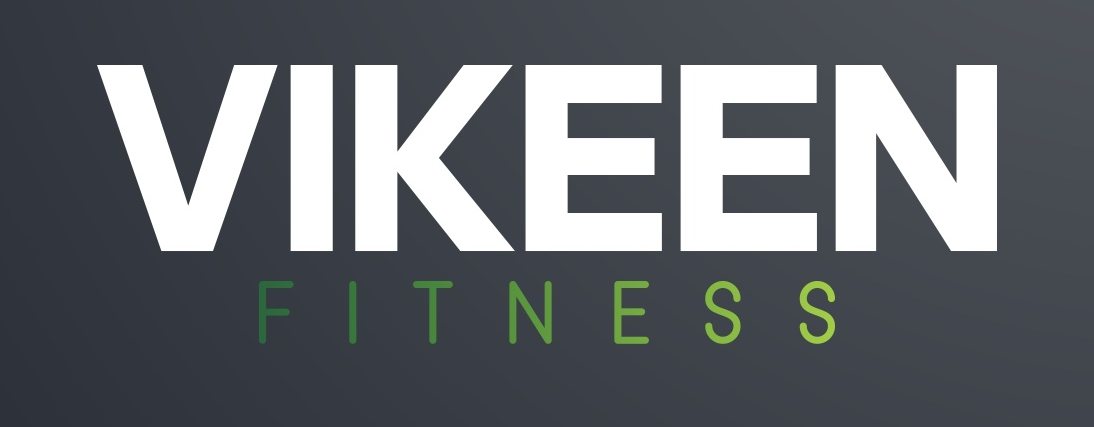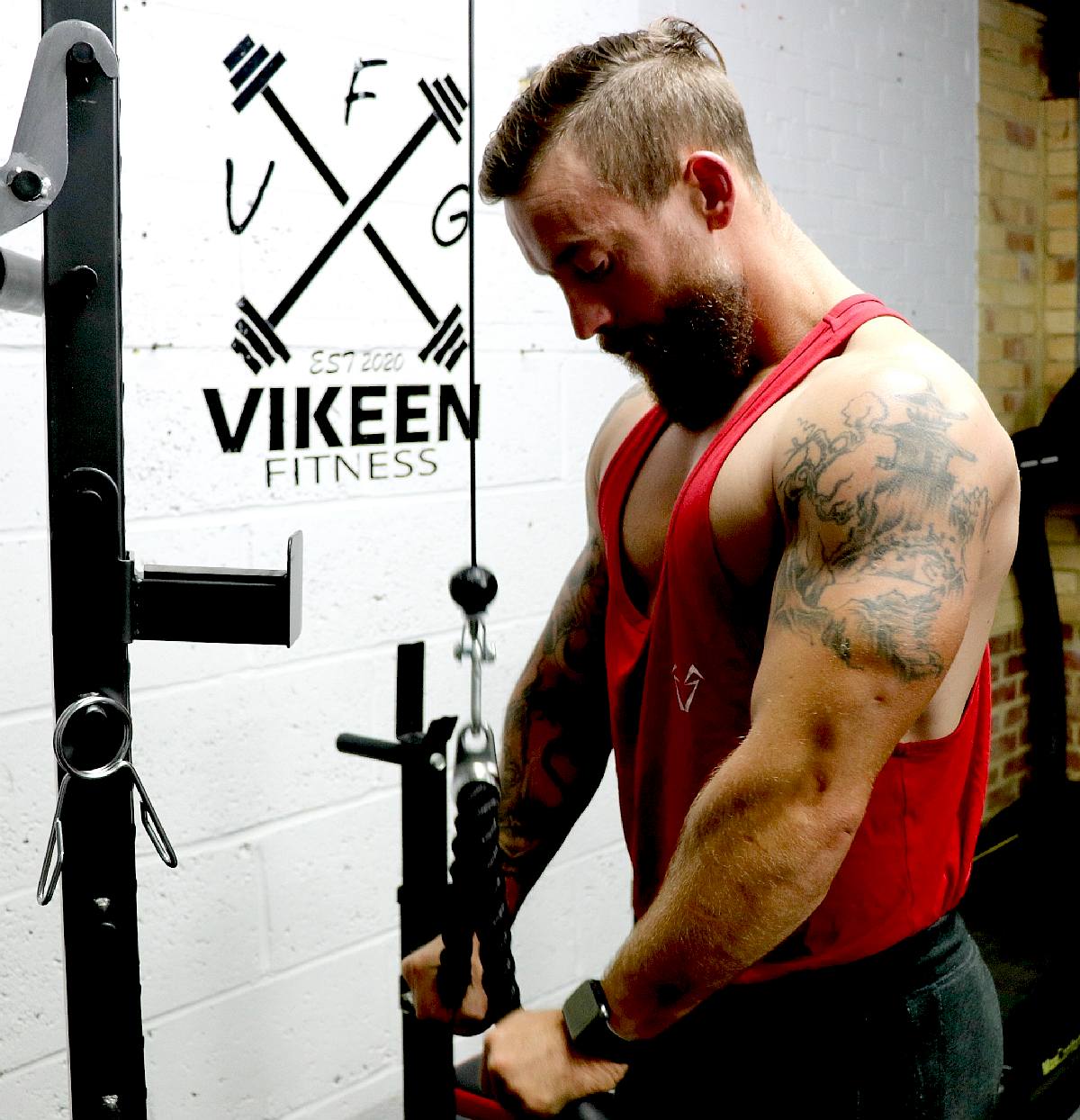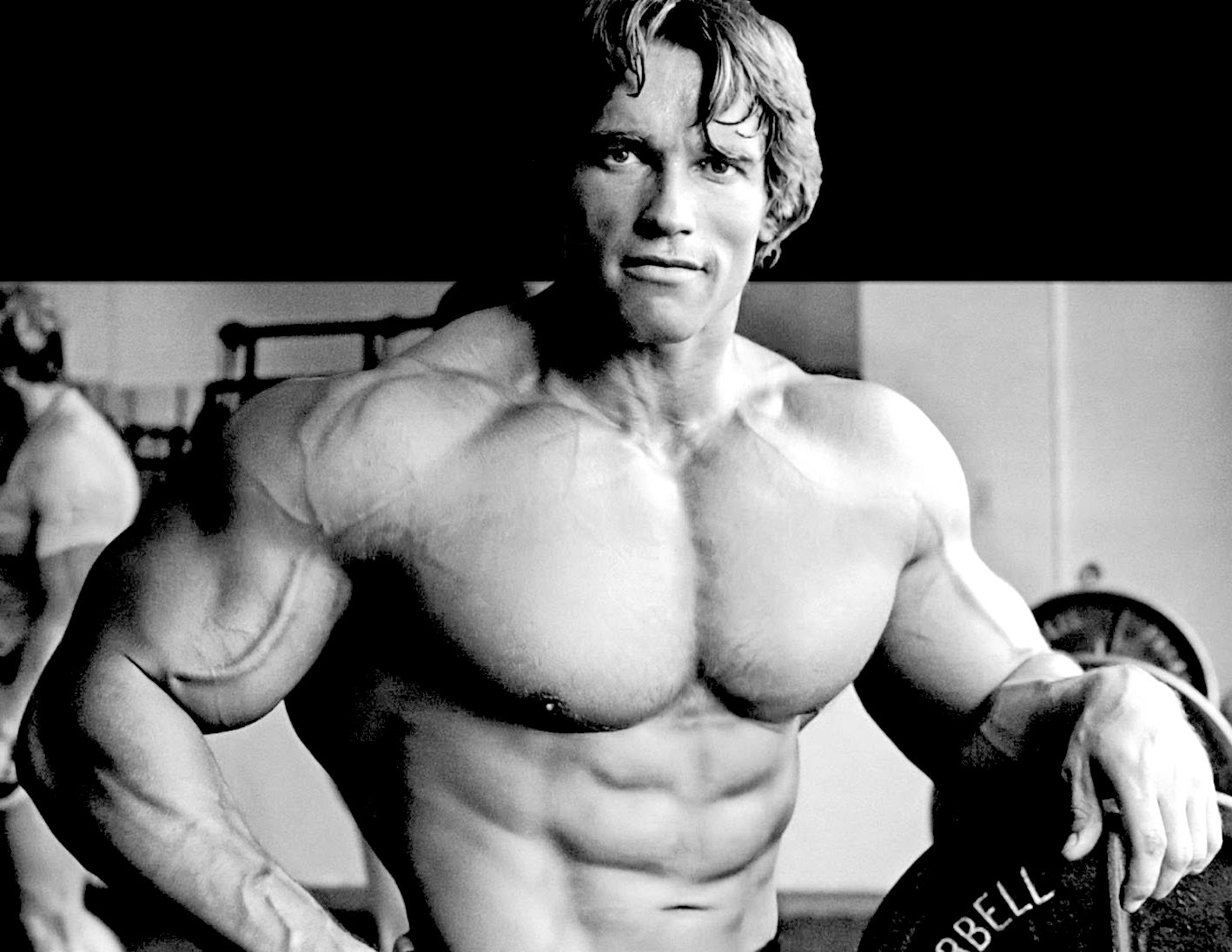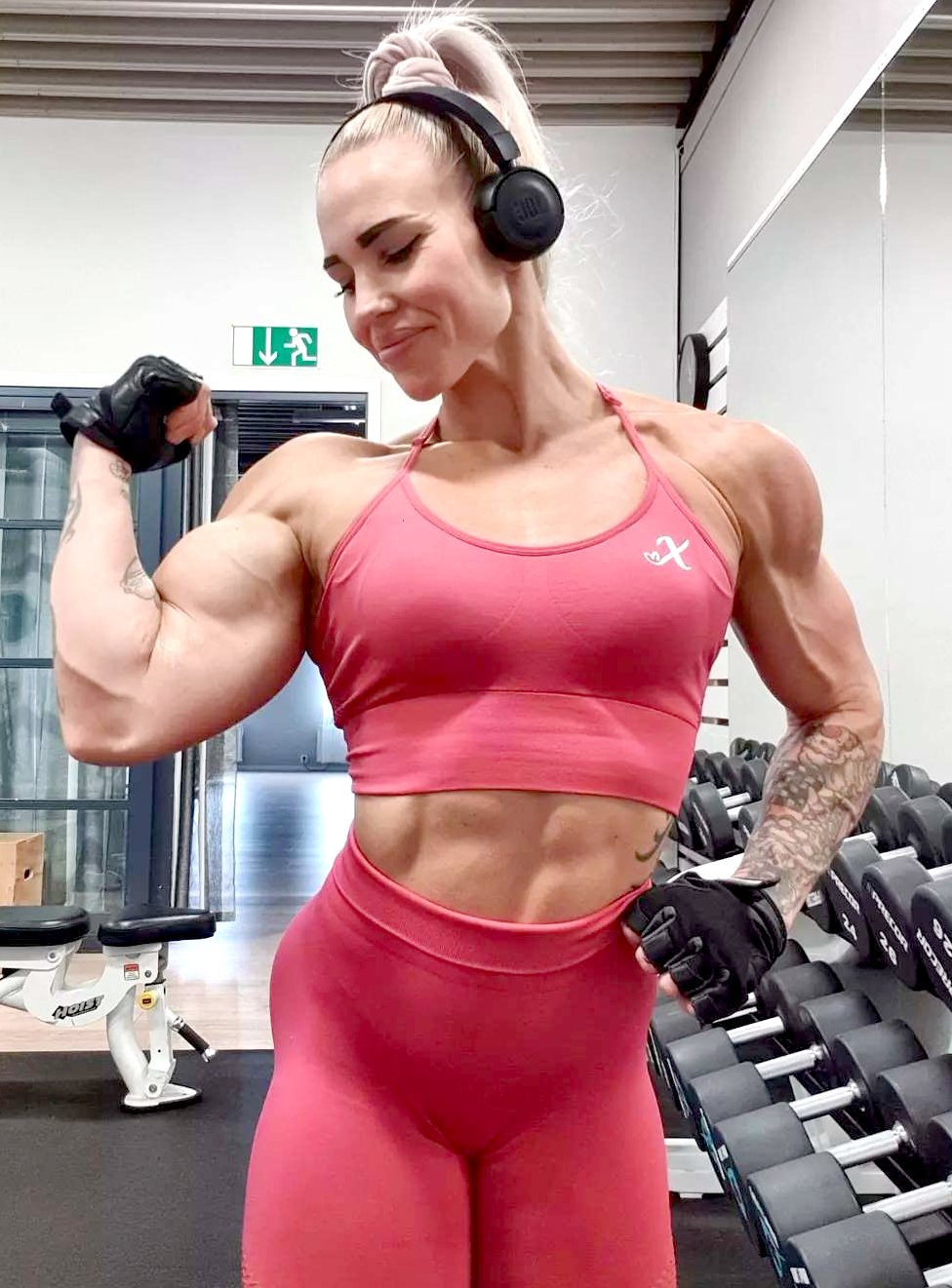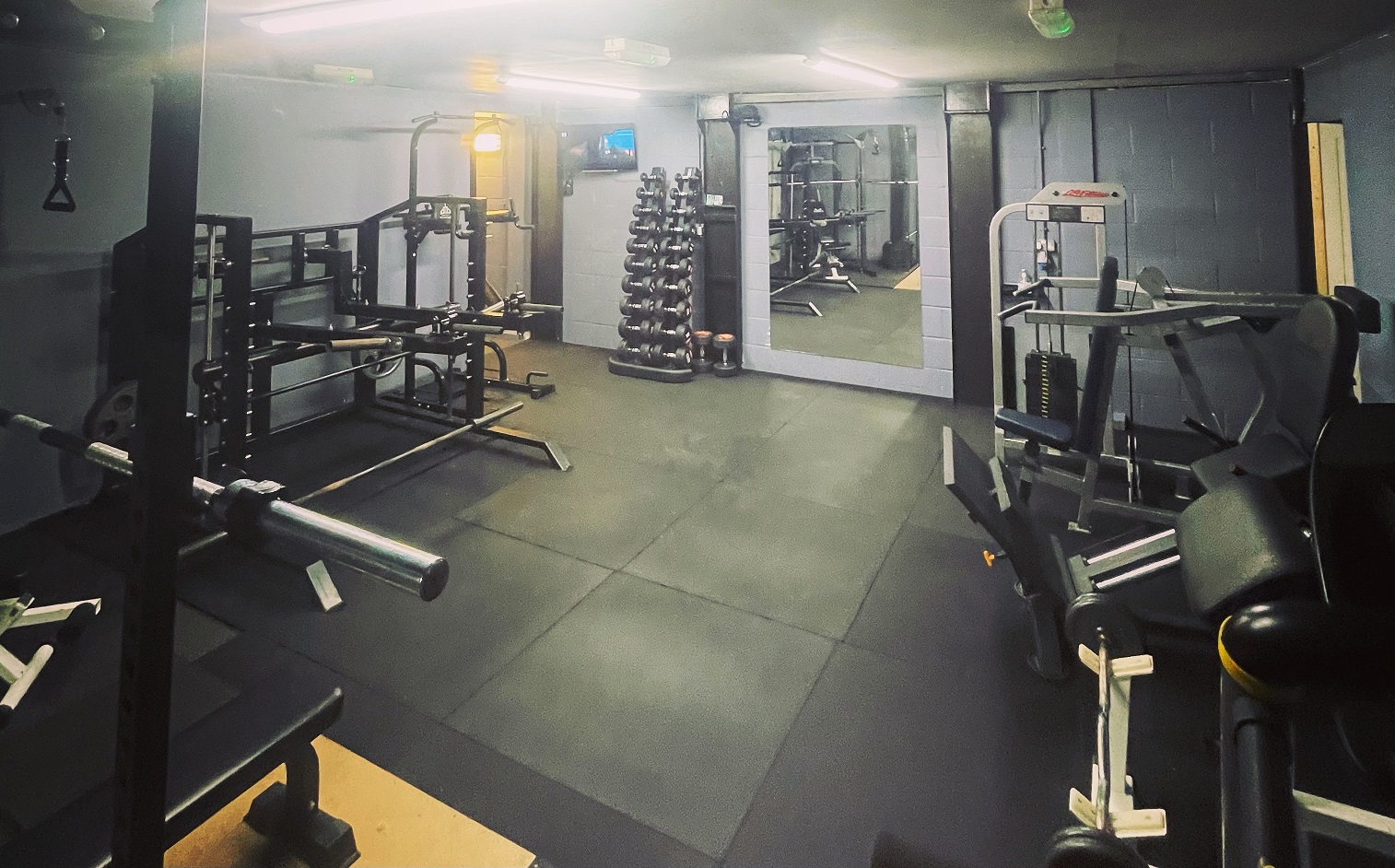
PROFESSIONAL
GYM, EASTBOURNE - We
don't all have the time to look like the Rock or perform like a gymnast,
but with a few minutes a couple of times a week in a gym, or with a
personal trainer, you can gain a few years back, look
and feel great - and it need not cost the earth. Everyday chores will
seem less daunting, because your body will be stronger and more able to
cope. This is your local gym in Eastbourne.
VITAMIN
B
There are many different types of vitamin B.
This page has information on:
- thiamin (vitamin B1)
- riboflavin (vitamin B2)
- niacin (vitamin B3)
- pantothenic acid
- vitamin B6
- biotin (vitamin B7)
- folate and folic acid
- vitamin B12
THIAMIN (vitamin B1)
Thiamin, also known as vitamin B1, helps:
- the body break down and release energy from food
- keep the nervous system healthy
Good sources of thiamin
Thiamin is found in many types of food.
Good sources include:
- peas
- some fresh fruits (such as bananas and oranges)
- nuts
- wholegrain breads
- some fortified breakfast cereals
- liver
How much thiamin do I need?
The amount of thiamin adults (aged 19 to 64) need is:
1mg a day for men
0.8mg a day for women
You should be able to get all the thiamin you need from your daily diet.
Thiamin cannot be stored in the body, so you need it in your diet every day.
What happens if I take too much thiamin?
There's not enough evidence to know what the effects might be of taking high doses of thiamin supplements each day.
What does the Department of Health and Social Care advise?
You should be able to get all the thiamin you need by eating a varied and balanced diet.
If you take supplements, do not take too much as this might be harmful.
Taking 100mg or less a day of thiamin supplements is unlikely to cause any harm.
Riboflavin (vitamin B2)
Riboflavin, also known as vitamin B2, helps:
- keep skin, eyes and the nervous system healthy
- the body release energy from food
Good sources of riboflavin include:
- milk
- eggs
- fortified breakfast cereals
- mushrooms
- plain yoghurt
UV light can destroy riboflavin, so ideally these foods should be kept out of direct sunlight.
How much riboflavin do I need?
The amount of riboflavin adults (aged 19 to 64) need is about:
1.3mg a day for men
1.1mg a day for women
You should be able to get all the riboflavin you need from your daily diet.
Riboflavin cannot be stored in the body, so you need it in your diet every day.
What happens if I take too much riboflavin?
There's not enough evidence to know what the effects might be of taking high doses of riboflavin supplements each day.
What does the Department of Health and Social Care advise?
You should be able to get all the riboflavin you need by eating a varied and balanced diet.
If you take supplements, do not take too much as this might be harmful.
Taking 40mg or less a day of riboflavin supplements is unlikely to cause any harm.
Niacin (vitamin B3)
Niacin, also known as vitamin B3, helps:
- the body release energy from food
- keep the nervous system and skin healthy
There are 2 forms of niacin: nicotinic acid and nicotinamide. Both are found in food.
Good sources of niacin include:
- meat
- fish
- wheat flour
- eggs
How much niacin do I need?
The amount of niacin you need is about:
16.5mg a day for men
13.2mg a day for women
You should be able to get all the niacin you need from your daily diet.
Niacin cannot be stored in the body, so you need it in your diet every day.
What happens if I take too much niacin?
Taking high doses of nicotinic acid supplements can cause skin flushes. Taking high doses for a long time could lead to liver damage.
There's not enough evidence to know what the effects might be of taking high daily doses of nicotinamide supplements.
What does the Department of Health and Social Care advise?
You should be able to get the amount of niacin you need by eating a varied and balanced diet.
If you take niacin supplements, do not take too much as this might be harmful.
Taking 17mg or less of nicotinic acid supplements a day, or 500mg or less of nicotinamide supplements a day, is unlikely to cause any harm.
PANTOTHENIC
ACID
Pantothenic acid has several functions, such as helping the body to release energy from food.
Good sources of pantothenic acid
Pantothenic acid is found in varying amounts in almost all vegetables, wholegrain foods and meats, but good sources include:
- chicken
- beef
- liver and kidneys
- eggs
- mushrooms
- avocado
Breakfast cereals are also a good source if they have been fortified with pantothenic acid.
How much pantothenic acid do I need?
No amount has been set in the UK for how much pantothenic acid you need.
You should be able to get all the pantothenic acid you need from your daily diet, as it's found in many foods.
Pantothenic acid cannot be stored in the body, so you need it in your diet every day.
What happens if I take too much pantothenic acid?
There's not enough evidence to know what the effects might be of taking high daily doses of pantothenic acid supplements.
What does the Department of Health and Social Care advise?
You should be able to get all the pantothenic acid you need by eating a varied and balanced diet.
If you take supplements, do not take too much as this might be harmful.
Taking 200mg or less a day of pantothenic acid in supplements is unlikely to cause any harm.
VITAMIN
B6
Vitamin B6, also known as pyridoxine, helps:
the body to use and store energy from protein and carbohydrates in food
the body form haemoglobin, the substance in red blood cells that carries oxygen around the body
Good sources of vitamin B6
Vitamin B6 is found in a wide variety of foods, including:
- pork
- poultry, such as chicken or turkey
- some fish
- peanuts
- soya beans
- wheatgerm
- oats
- bananas
- milk
- some fortified breakfast cereals
How much vitamin B6 do I need?
The amount of vitamin B6 adults (aged 19 to 64) need is about:
1.4mg a day for men
1.2mg a day for women
You should be able to get all the vitamin B6 you need from your daily diet.
The bacteria that live naturally in your bowel are also able to make vitamin B6.
What happens if I take too much vitamin B6?
When taking a supplement, it's important not to take too much.
Taking 200mg or more a day of vitamin B6 [LK2] can lead to a loss of feeling in the arms and legs known as peripheral neuropathy.
This will usually improve once you stop taking the supplements.
But in a few cases when people have taken large amounts of vitamin B6, particularly for more than a few months, the effect can be permanent.
The effect of taking vitamin B6 at doses between 10 and 200 mg is unclear. So there's not enough evidence to say how long these doses could be taken for safely.
What does the Department of Health and Social Care advise?
You should be able to get the vitamin B6 you need by eating a varied and balanced diet.
If you take vitamin B6 supplements, do not take too much as this could be harmful.
Do not take more than 10mg of vitamin B6 a day in supplements unless advised to by a doctor.
BIOTIN (vitamin B7)
Biotin is needed in very small amounts to help the body make fatty acids.
The bacteria that live naturally in your bowel are able to make biotin, so it's not clear if you need any additional biotin from the diet.
Biotin is also found in a wide range of foods, but only at very low levels.
What happens if I take too much biotin?
There's not enough evidence to know what the effects might be of taking high daily doses of biotin supplements.
What does the Department of Health and Social Care advise?
You should be able to get all the biotin you need by eating a varied and balanced diet.
If you take biotin supplements, do not take too much as this might be harmful.
Taking 0.9mg or less a day of biotin in supplements is unlikely to cause any harm.
FOLATE
AND FOLIC ACID
Folate is a B vitamin found in many foods. The manmade form of folate is called folic acid.
Folate is also known as folacin and vitamin B9.
Folate helps:
- the body form healthy red blood cells
- reduce the risk of birth defects called neural tube defects, such as spina bifida, in unborn babies
A lack of folate could lead to folate deficiency
anaemia.
Folate is found in small amounts in many foods. Good sources include:
- broccoli
- brussels sprouts
- leafy green vegetables, such as cabbage, kale, spring greens and spinach
- peas
- chickpeas and kidney beans
- liver (but avoid this during pregnancy)
- breakfast cereals fortified with folic acid
How much folate do I need?
Adults need 200 micrograms of folate a day. A microgram is 1,000 times smaller than a milligram (mg). The word microgram is sometimes written with the Greek symbol μ followed by the letter g (μg).
There are no long-term stores in the body, so you need to eat folate-containing foods frequently.
Most people should be able to get the amount of folate they need by eating a varied and balanced diet.
If you're pregnant or could get pregnant
If you're pregnant, trying for a baby, or could get pregnant, it's recommended that you take a 400 microgram folic acid supplement daily until you're 12 weeks pregnant.
Folic acid supplements need to be taken before you get pregnant, so start taking them before you stop using contraception or if there's a chance you might get pregnant.
This is to help prevent neural tube defects, such as spina bifida, in your baby.
Some women have an increased risk of having a pregnancy affected by a neural tube defect and are advised to take a higher dose of 5mg of folic acid each day until they're 12 weeks pregnant.
This is important and unlikely to cause harm, as it's taken on a short-term basis, but speak to your doctor first.
Get more advice about vitamins and minerals during pregnancy, including who should take a higher dose of folic acid.
What happens if I take too much folic acid?
Taking doses of folic acid higher than 1mg can mask the symptoms of vitamin B12 deficiency, which can eventually damage the nervous system if it's not spotted and treated.
This is particularly a concern for older people because it becomes more difficult to absorb vitamin B12 as you get older.
What does the Department of Health and Social Care advise?
The Department of Health and Social Care recommends that folic acid supplements are taken by all women who are pregnant or could get pregnant.
Women who cannot get pregnant and men should be able to get all the folate they need by eating a varied and balanced diet.
If you're taking folic acid supplements, it's important not to take too much as this could be harmful.
Taking 1mg or less a day of folic acid supplements is unlikely to cause any harm.
VITAMIN B12
Vitamin B12 is involved in helping the body:
- make red blood cells and keeping the nervous system healthy
- release energy from food
- use folate
A lack of vitamin B12 could lead to vitamin B12 deficiency anaemia.
Good sources of vitamin B12
Good sources include:
- meat
- fish
- milk
- cheese
- eggs
- some fortified breakfast cereals
How much vitamin B12 do I need?
Adults (aged 19 to 64) need about 1.5 micrograms a day of vitamin B12.
If you eat meat, fish or dairy foods, you should be able to get enough vitamin B12 from your diet.
But as vitamin B12 is not found naturally in foods such as fruit, vegetables and grains, vegans may not get enough of it.
Read about the vegan diet for nutrition information and advice.
What happens if I take too much vitamin B12?
There's not enough evidence to show what the effects may be of taking high doses of vitamin B12 supplements each day.
What does the Department of Health and Social Care advise?
You should be able to get all the vitamin B12 you need by eating a varied and balanced diet.
If you take vitamin B12 supplements, do not take too much as this could be harmful.
Taking 2mg or less a day of vitamin B12 in supplements is unlikely to cause any harm.
